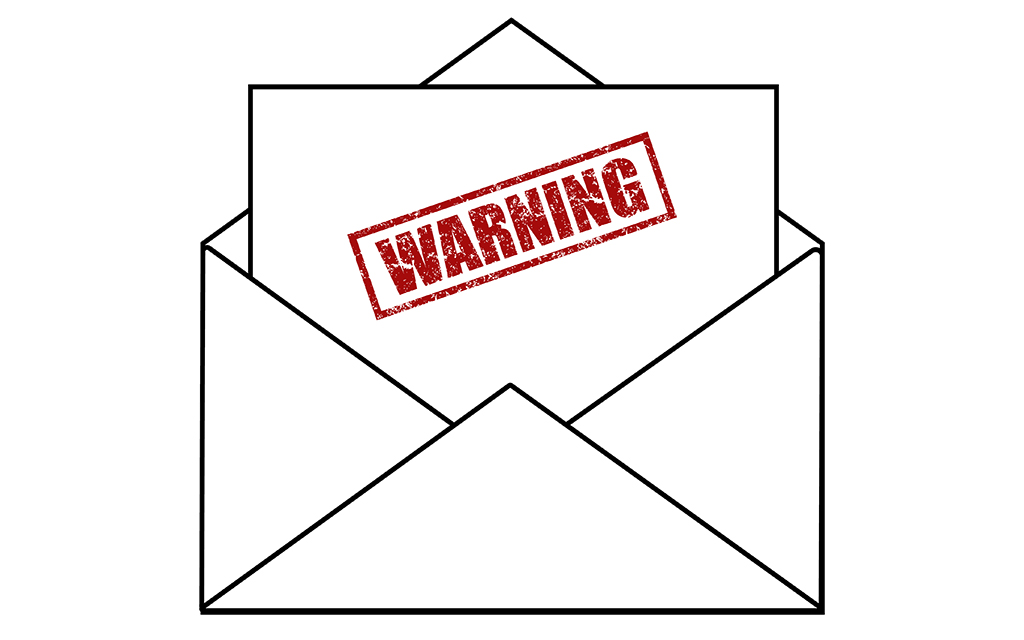Receiving a Warning Letter from the FDA is stressful, to say the least. It means you have conducted a significant regulatory violation and requires an immediate response to the FDA within 15 working days. Instead of feeling overwhelmed or in a panic, you can come up with an intelligent strategy for responding to FDA Warning Letters. In this blog, we will cover what it means to receive a Warning Letter from the FDA and how you can best respond.
What is an FDA Warning Letter?
The FDA uses Warning Letters to notify manufacturers that they have been found to be in significant violation of federal regulations. The violations may have been identified during an FDA audit or inspection. Some examples of violations include inadequate maintenance of complaint files, inappropriate claims about what the product does, and flawed design controls.
The Warning Letter is meant to give the manufacturer an opportunity to voluntarily correct the issues described in the letter to avoid enforcement actions from the FDA. That said, the FDA can still choose to employ enforcement actions if they determine that the manufacturer does not satisfactorily address the violations outlined in the Warning Letter.
Warning Letters vs. Untitled Letters
A Warning Letter is not the only type of letter you can receive from the FDA. The FDA sends Advisory Action Letters, which include both Warning Letters and Untitled Letters. An Untitled Letter is basically a less severe version of a Warning Letter, although they should still be taken seriously.
As we mentioned, Warning Letters are sent out when the FDA finds a manufacturer in significant violation of federal regulations. Untitled Letters are sent out when the FDA finds a manufacturer in violation of federal regulations, but when the findings do not meet the threshold of regulatory significance for a Warning Letter. Like a Warning Letter, an Untitled Letter is intended to encourage a manufacturer to come into compliance without requiring further action from the FDA.
Untitled Letters serve as an initial notification that the FDA is aware of, and has documented, your violations of federal law, so we recommend taking them just as seriously as a Warning Letter.
Why Does the FDA Send out Warning Letters?
Warning Letters serve multiple purposes for the FDA. An FDA Warning Letter:
- Serves as prior notice if the FDA decides to take regulatory action, including enforcement action, later on
- May be introduced as evidence in a product liability lawsuit
- May serve as evidence of a manufacturer’s knowledge of a defect in a civil lawsuit
- May be used by a plaintiff to persuade the jury that the FDA endorses the plaintiff’s claim
Required Letter Response
When you receive an FDA Warning Letter, you have 15 working days to respond. Besides being required, the goal of the response is to reassure the FDA of the safety and effectiveness of your products or systems. Your response should include these key points:
- Immediate acknowledgement of receipt of the Warning Letter
- State you have implemented a CAPA (Corrective and Preventive Action) plan to address violations outlined in Warning Letter
- Description of a timeline for resolving violations if corrective actions will take more than 15 business days
- Your intention to implement the plan prior to a follow-up inspection by the FDA
Responses must be clear, rather than just including vague statements of how your company will change. A poorly written response that contains unsupported claims will only make the situation worse.
CAPA Response to Warning Letter
A CAPA for violations outlined in a Warning Letter should be executed impeccably because it will almost certainly face extra scrutiny from the FDA during the next inspection or audit. Like with any other CAPA, you must extensively document every step and component of resolving the issues and finding the root cause of the problem. An ERP system makes the CAPA process easier with tracking functionality, traceability, automated notifications, and required fields. As a one-stop shop for ERP solutions with 25 years’ experience, Datix knows how to ensure that these features and others are being used optimally so your CAPA is as simple as possible. Talk to Datix about streamlining the CAPA process through ERP.
If you need detailed guidance on how to navigate each phase of a CAPA, these resources can help:
CAPA (Phase I): Inquiry and Assessment
CAPA (Phase II): Pre-investigation
CAPA (Phase III): Investigation
CAPA (Phase IV): Planning and Execution
CAPA (Phase V): Review and Verification
Wrap Up
Receiving a Warning Letter from the FDA is a difficult situation, but you don’t have to face it alone. If your business processes or software are factoring into violations in your systems, the team at Datix can support you. We take care of our clients and help them throughout every stage of their journey. With the right team behind you, not only can you resolve Warning Letter violations, you can prevent your company from ever receiving a FDA Advisory Action Letter again.
Discover How Datix Supports Medical Manufacturers
About Datix
For medical manufacturers, Datix is the ERP consultant of choice. We recognize that each manufacturer is unique and requires a tailored solution to meet their business goals. Our team will partner with you every step of the way to bring your organization to the next level.


